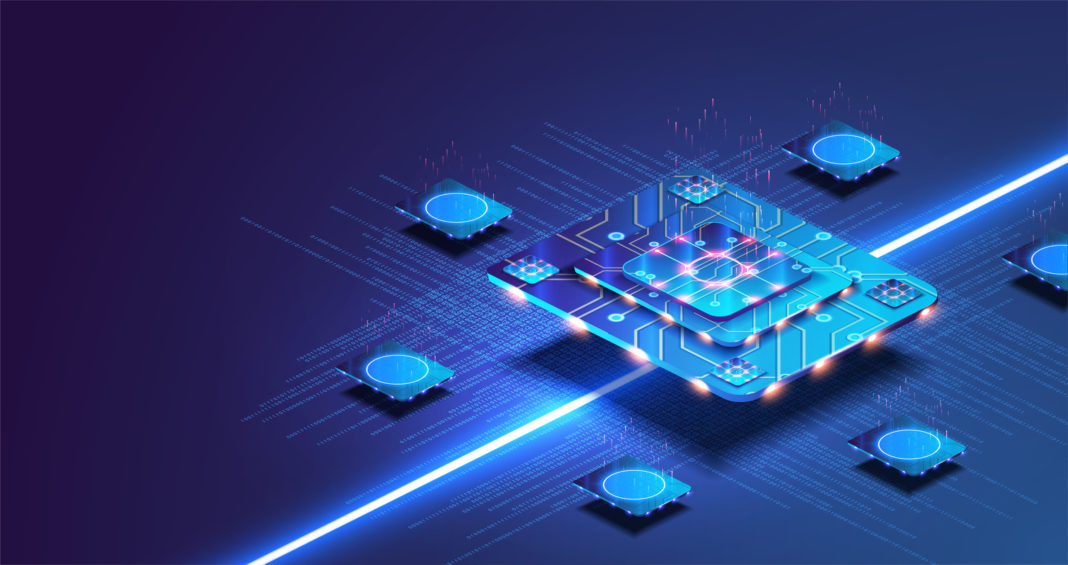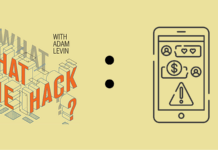Sometimes referred to as the Doomsday of Cyberspace, quantum hacking could decode the encryption that protects us online. Also known as Q-Day, it is an as yet theoretical threat to the internet as we know it.
What is Quantum Hacking?
Almost everything we do online functions on cryptographic algorithms, an “unhackable” algorithm that has protected sensitive, critical data since the 1970s. Quantum hacking is the theoretical ability to hack and dismantle modern cryptographic algorithms.
So What Are Cryptographic Algorithms?
Modern cryptographic algorithms use private and public keys to encrypt data using a mathematical equation. For example, cryptographic algorithms process information by flipping bits that can be set to 0 or 1, which makes them difficult to crack.
The cryptographic algorithm is aging:
In 1994, Peter Shor of Bell Labs published a paper showing how the quantum algorithm could hack cryptographic algorithms, thus cracking the kinds of encryption we still use today.
Quantum computers would be able to do in theory something that others cannot, namely, set quantum bit values to 0, 1, or 0 and 1 at the same time. This “two ways at once” capacity makes it possible to rip through every possible solution to the “unhackable” equations of the cryptographic algorithms, which at least in theory means it can be hacked using related, connected and still more advanced mathematical algorithms
Here’s what you need to know about Q-Day:
Cryptographic algorithms protect our privacy, confirm our identities, and secure our online transactions. The large-scale data breaches have happened (Yahoo!, eBay, or LinkedIn), but the underlying cryptographic algorithms have remained intact and effective. Even the world’s best supercomputers cannot hack cryptographic algorithm codes–or if they can, the chances occupy the farthest margins of possibility.
Why does it matter?
Quantum computers will quickly execute calculations that would take hundreds of years on conventional supercomputers. This means hackers will be able to breach the security of almost any encrypted device or system, making mega data breaches more common. Additionally, quantum hacking would unlock the riches from past breaches since encrypted data from past attacks would no longer be safe..
What’s next?
Now for the good news: there is currently no such thing as a practical quantum computer. Existing quantum computers are highly prone to what’s called “quantum decoherence” when exposed to heat, electromagnetic fields or air molecules that creates many barriers to widespread usage. That said, we need to start thinking about solutions to the problems to which one could give rise.
While Q-day sounds scary, large-scale quantum computing isn’t likely to be a reality any time soon. Additionally, the research on quantum computer hardware increasingly includes “post-quantum cryptography,” which is the parallel development of global updates to IT infrastructure to match threats posed by quantum hacking.
If large-scale quantum computing does become a reality, updating the world’s cryptosystems will be tedious for large enterprises and government organizations but for the average user the shift will be invisible.










